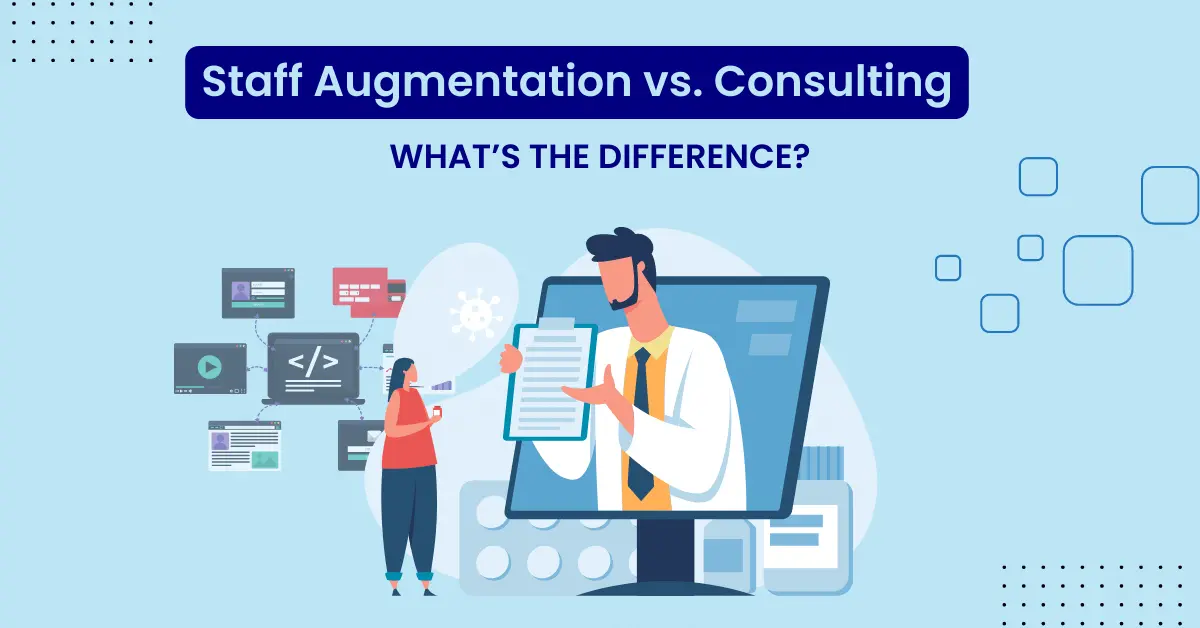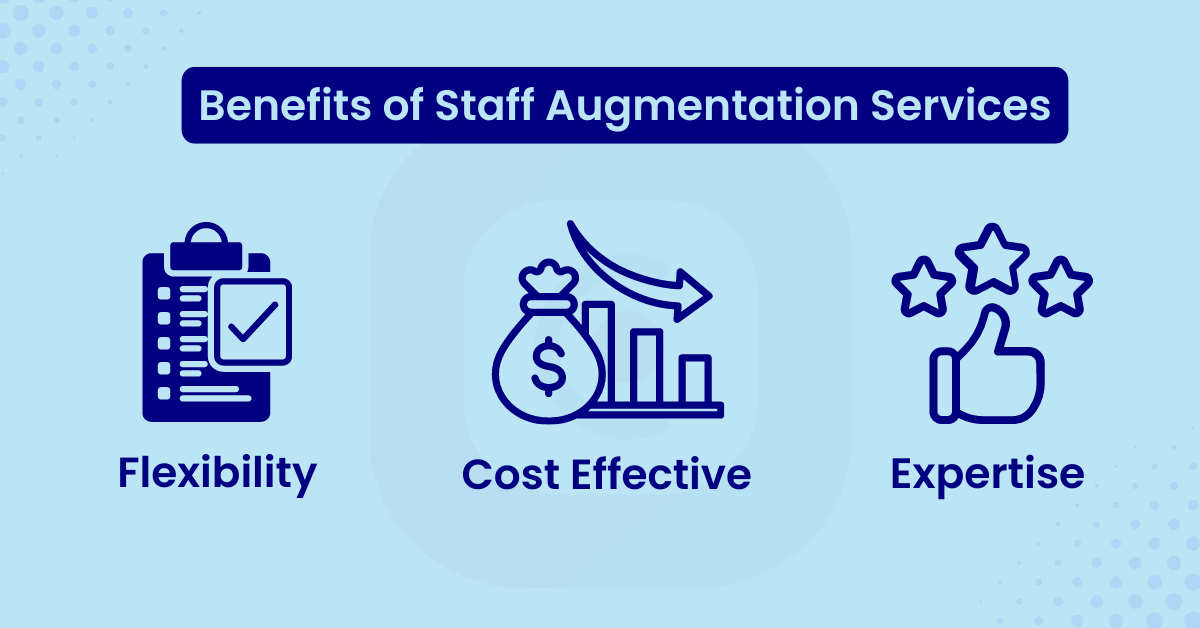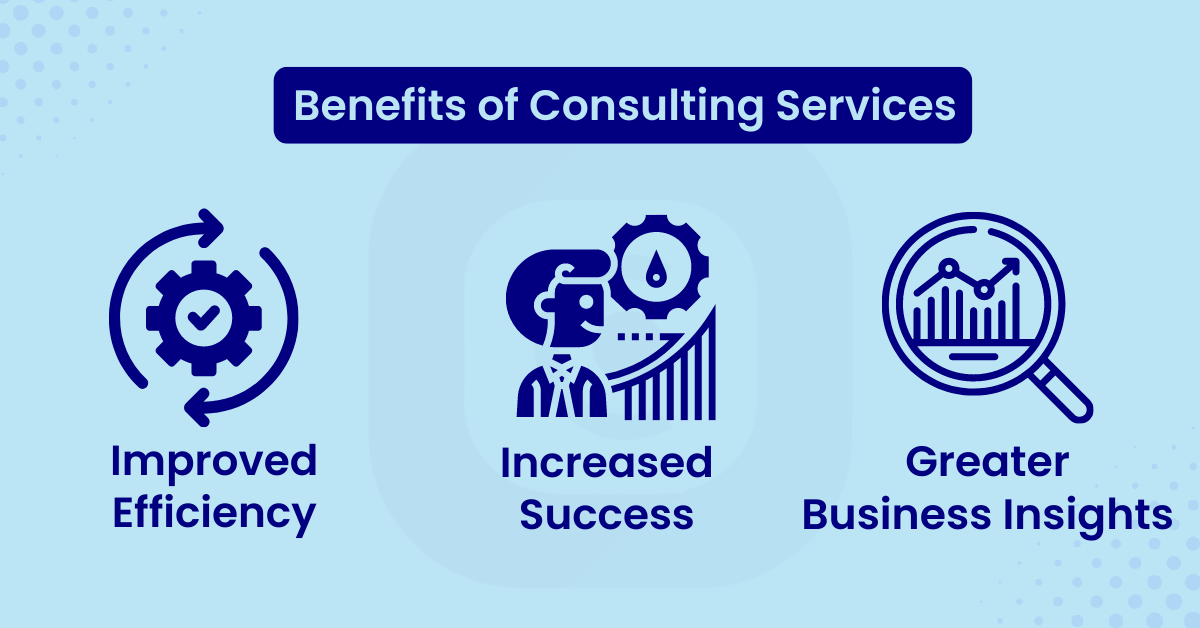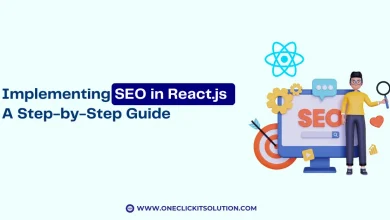Staff Augmentation vs. Consulting: What’s the Big Difference?

Introduction
The world of business is changing. As more companies move to a virtual, remote workforce, the lines between traditional employees and contractors are blurring. When you consider the fact that a full 40% of the American workforce is now made up of independent contractors and freelancers, it’s not surprising that many businesses are using them to supplement their teams.
But how do you choose between staffing solutions and consulting? And what do they mean for your business? Let’s take a closer look at what these differences Between Staff Augmentation and Consulting mean for your organization and how they can help your company succeed in an increasingly competitive landscape.

What is Staff Augmentation?
Staff augmentation, also known as “flexible staffing” or “temporary staffing,” is a strategy for temporarily adding skilled resources to your workforce. It differs from consulting because it’s not long-term and is not focused on solving problems with strategic thinking or process improvements.
Staff augmentation refers to a situation when an organization hires a third-party vendor to provide temporary help with specific tasks such as system integration or developing new products rather than hiring permanent employees or using contractors.
The main advantage of the staff augmentation model is that it allows organizations to quickly ramp up their workforces without having to commit themselves long-term by hiring full-time workers.
Staff augmentation programs can also be very cost-effective; depending on the nature of your project(s), you could save hundreds of thousands of dollars by outsourcing instead of hiring in-house!
What is Consulting?
Consultants are hired for a specific project, and they’re usually not employed by the client company. While some consultants work as employees of other firms and then moonlight on projects for their clients (think: lawyers who have a day job at one law firm but also do freelance work for another), consultants are sometimes completely independent contractors.
In general, consulting is defined as “the practice of providing professional advice or services to clients in return for payment.” Consultants provide specialized expertise that can be hard to find within an organization, or they may fill in gaps where there is no internal resource with the right skill set.
Key Differences Between Staff Augmentation and Consulting
Staff augmentation and consulting are two different ways to get the same things. The main difference between them is that a staff augmentation company will hire employees on a long-term basis, while a consulting company will hire contractors who work with clients on an as-needed basis. However, there are other differences worth considering as well.
1. Staff augmentation is when you’re hiring professionals for a temporary, short-term project. Consulting is when you’re hiring professionals for a longer-term, more permanent position.
2. Staff augmentation can be done with local or hire remote employees while consulting is typically done with local employees only.
3. Staff augmentation is almost always less expensive than consulting because the work can be done by freelancers, who usually charge less per hour than certified consultants do. Consulting can be less expensive than staff augmentation because it’s more likely to result in long-term relationships between your company and the consultant(s).
4. Staff augmentation is often used as a way to test out new hires before making them full-time employees; consulting is usually used as a way to get advice from experts without the need to employ them full-time (and without needing them to relocate).
5. Staff augmentation typically uses one or two people on a project; consulting usually involves more than one person working together on multiple projects at once (and possibly for multiple clients).
Top 3 Benefits of Staff Augmentation Services
Staff augmentation services are a great way to get the help you need without having to hire full-time employees. The benefits of staff augmentation include:

1. Flexibility
Staff augmentation services are flexible, meaning you can scale up or down depending on your needs. This means that you don’t need to commit to hiring someone full-time if their role is only temporary.
2. Cost-effective
Depending on the provider, staff augmentation services can be more cost-effective than hiring an employee full-time.
3. Expertise
Staff augmentation providers typically have experts in a variety of areas who can help your company as needed.
Top 3 Benefits of Consulting Services
When you’re looking for a IT consulting service, there are several benefits that you’re likely to see. Consulting services offer several benefits for individuals and businesses alike, including

1. Improved efficiency
Consulting services help improve the efficiency of your business by allowing you to focus on what matters most in your business. They can help with everything from improving productivity to streamlining processes.
2. Increased success
Consulting services can also help you achieve success by helping you make better decisions and understand how best to achieve your goals.
3. Greater insight into your business
Consulting services enable you to gain greater insight into your business, which helps you identify areas where improvements can be made.
Staff Augmentation or Consulting: Which is Better?
Consulting and staffing services can be a tricky business. The two services have many similarities, but there are also some key differences you need to consider before making any decisions. Below we’ll discuss which is right for your business requirements!
Staff augmentation is when you hire a third-party service provider to take over the job duties of an existing employee. You have full control over the hiring process and pay only for time worked (or hours billed), but you don’t have any say in how the work is done.

Consulting, on the other hand, involves hiring an outside firm to provide services for a specific project or task. Consultants are more likely to be able to handle complex projects with multiple moving parts and varying timelines than staffing agencies are but they’re also more expensive.
The key is knowing which option will work best for your business goals and budget so that you can make an informed decision about how best to manage your employees’ workloads and responsibilities!
Conclusion:
It’s important to understand differences Between Staff Augmentation and Consulting both options when seeking outside expertise. Consulting and augmentation services have many similarities, but they also have distinct differences that may affect your business more than you think. The best way to decide which one is right for your company is by reviewing your specific needs, budget and goals.
Staff augmentation is when you hire a temporary worker to fill in for an employee who is out on leave or simply needs some extra help with a project. Consulting is when you hire an external company that provides expertise in a particular field, like marketing or finance.
Staff augmentation workers will perform the same duties as full-time employees, but they’re usually not on-site or available on-call 24 hours a day like full-time employees are. This means that staff augmentation workers should have similar skillsets to full-time employees and be able to perform their duties without much supervision from management.
Your team will still be able to collaborate with other teams within your organization, which helps keep things running smoothly. And if you have remote workers who live in different regions or countries, they’ll still feel like they’re part of your team while working remotely.
What are some common uses for Staff Augmentation?
Staff augmentation can be used in any industry, and here are just a few examples of how it has been implemented.
1. Sales teams that need help with cold calling and lead generation.
2. Marketing departments that need additional support during busy seasons like holiday shopping or back-to-school sales.
3. IT teams that require developers on demand.
Staff Augmentation rates vary depending on your needs. We offer several packages at different price points so you can choose the one that works best for your business.
Companies use staff augmentation to hire the talent they need without taking on the full expense of creating a new position or opening up a new office. They can also use it to get access to skills that aren’t available in-house or to fill in gaps during times when there are staffing shortages or other issues.
There are many different types of consulting services, including business strategy, IT outsourcing, and performance management.
If an employee does not meet your expectations, then you cannot terminate their contract without risking legal action from the agency or contractor who hired them on your behalf.
Also, if there are problems with this employee’s performance during their tenure with your company, then they may try to hold you accountable for those issues under their employment agreement with them.
We work with clients across industries, from travel to healthcare to education and more. Some examples include Customer Service Representatives, Data Specialists, Administrative Assistants, and Project Managers.





